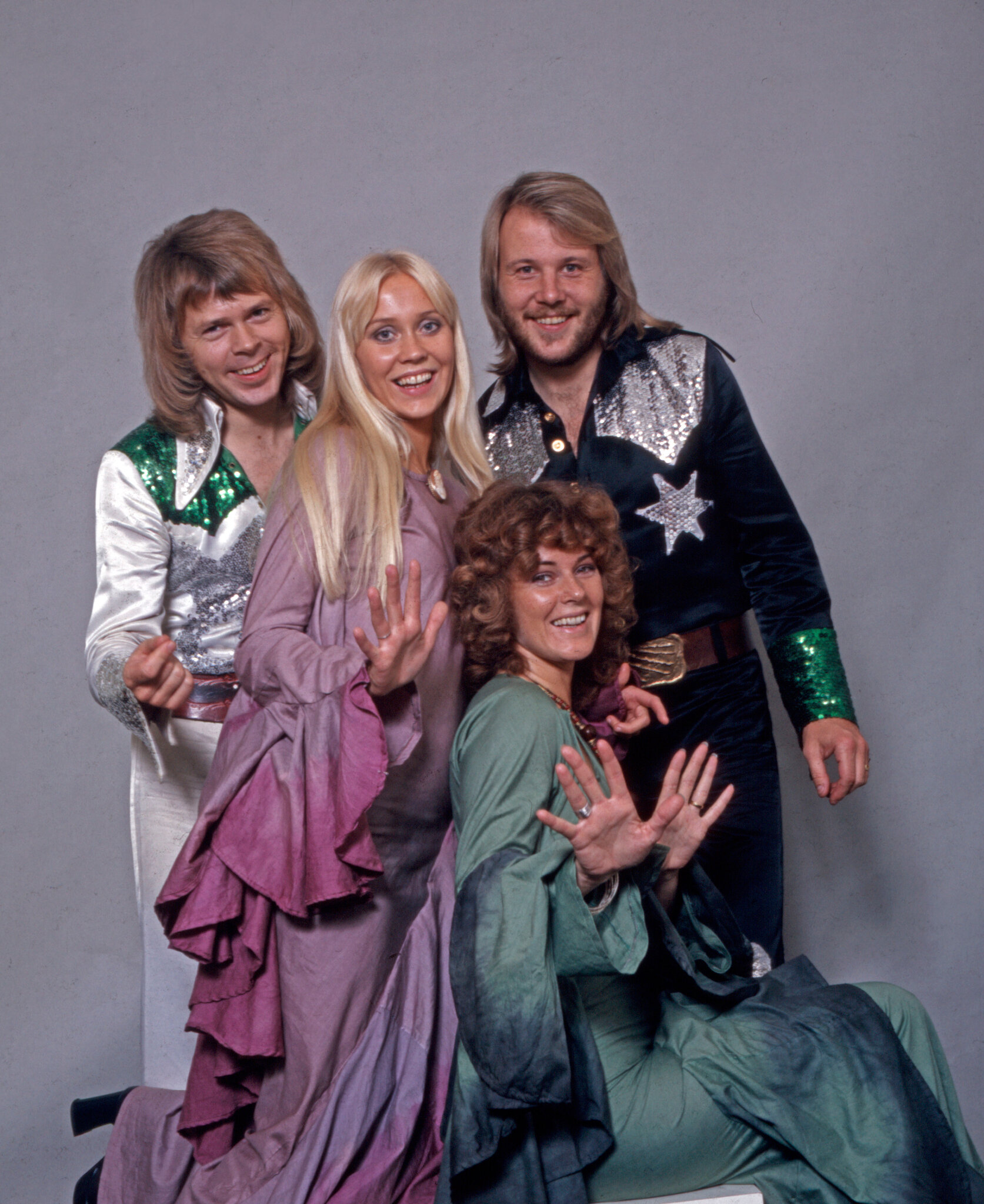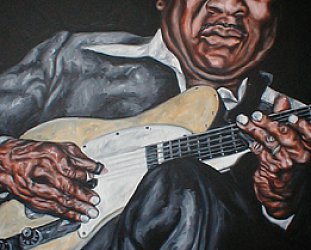Graham Reid | | 2 min read

With a title which looks like something from the Old Testament, this insightful book by a Swedish writer who was there from the start offers an almost biblically exacting account not just of its subject but so much more.
Like the strange history of Swedish popular music (not all of it “pop” as in the case of dansbands), the flinty politics of Swedish music when journalists, promoters and activists dismissed Abba pop and championed progressive rock although no one particularly cared for proggrock: “Here comes Abba in plastic pants, as dead as a can of pickled herrings” sings Ulf Dageby of Nationalteatern, which was a reference to the well-known fish cannery which shared the name Abba.
We move through the studio and promotion systems in Sweden, people like songwriter/producer Max Martin who had written 27 Billboard number one singles in the 2000s (only McCartney has more at 32, and he started in the 1970s) instrumental figures in Abba's career and a look at the post-Abba activities of the four members.
And so much more.
Grandvall takes a cleverly digressive approach so an astute explanation of Abba's music – American music comes from jazz and blues written on guitar, Swedish music from piano or accordion – came only towards the end of these 300 information-packed pages.
Such biographies as there are of Abba's principal members (and their lyricist/producer Stig Anderson who co-founded Polar Music and died in 1997) crop up along the way and are just part of the over-arching story of the band, their music and lyrics (excellent explanation of how the transliteration from Swedish to English has such an idiosyncratic element) and society which formed them.
As some would know, Abba may have presented the sound of innocent and even upbeat pop but the four – Agnetha, Benny, Bjorn and Anni-Frid – had lived very adult lives in touring bands: the two woman grew up hard in post-war Sweden: both had been married before their Abba years; Agnetha in a famous touring band; Norway-born Anni-Frid's father a German soldier and she had two children before Abba.
 These biographical matters (and their comments on them) are teased throughout, as are the rise of Abba tribute bands, the Mama Mia film story (more interesting than you might think) and so much more.
These biographical matters (and their comments on them) are teased throughout, as are the rise of Abba tribute bands, the Mama Mia film story (more interesting than you might think) and so much more.
Behind the songs were serious – if sometimes coded or indecipherable -- messages which explains the book's subtile: Melancholy Undercover.
Some such pop books are written for fans and this will certainly appeal to those who love the songs but want to know more.
Those who dismiss Abba – and rather oddly some still do – need only open these pages and be taken into a different world beyond the familiar tropes of mainstream American or British pop.
The Book of Abba is as comfortable as taking the reader into the world of Chic, gay clubs in New York, Bette Midler at the Continental Baths as it is into Abba avatars, how Soundscan changed the Billboard charts, immigrant music and British rock writer Peter Paphides, punk . . .
The Book of Abba really is like something from Old Testament: myths, fables, reality, a listing of numbers and tribes, maybe even miracles.
Dismiss it at your peril.
Tony Parson says it's the only Abba book anyone needs.
He's right.





post a comment